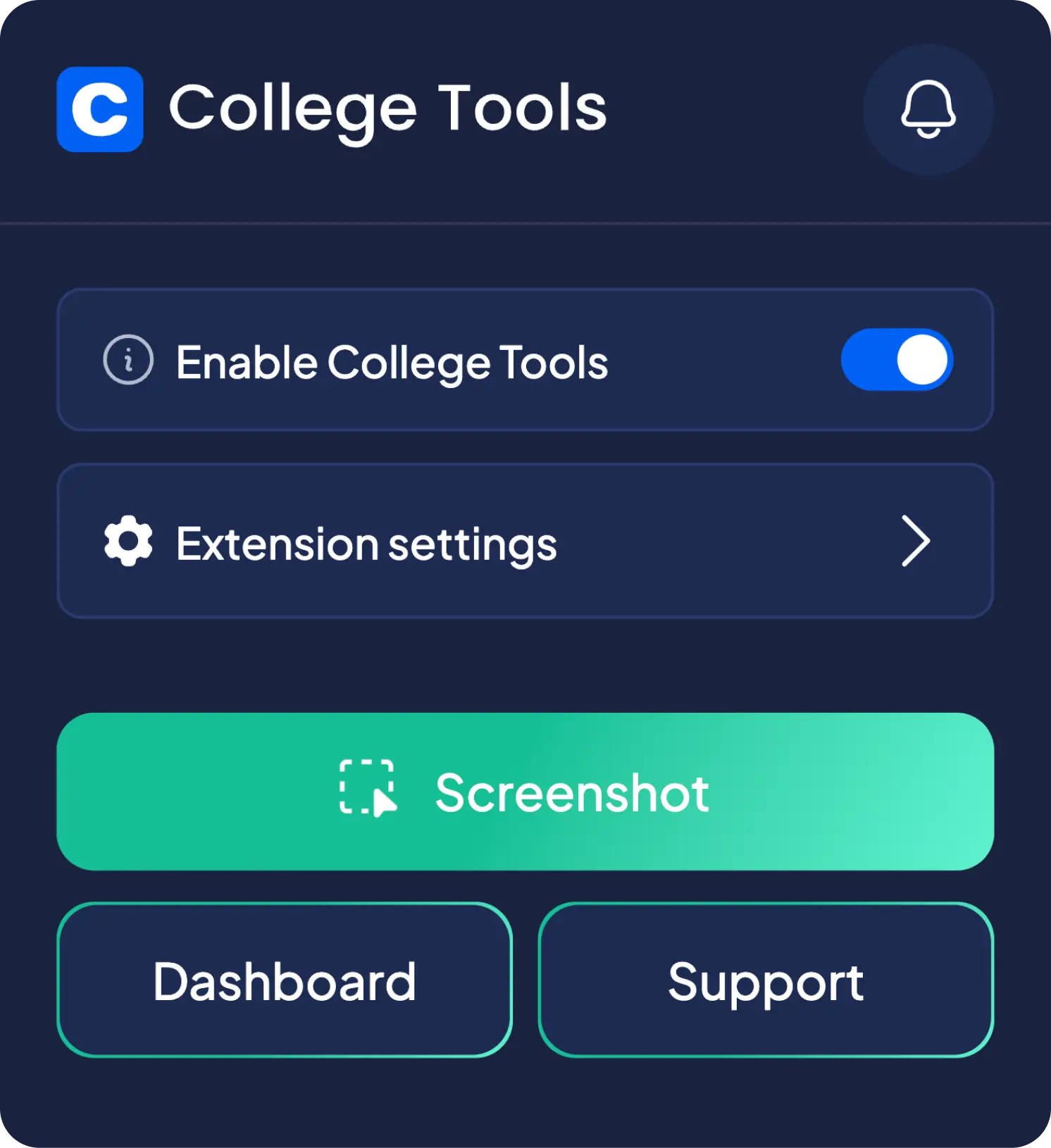Table of Contents
Mastering the intricate world of legal studies demands a refined set of time management and study skills. With the sheer volume of case law to digest, statutes to interpret, and concepts to understand, law students are often seeking the elusive secret to maximize productivity. If you're in this exact spot, looking to find ways to fuse 'productive' with 'jurisprudence,' you're in for a treat. This post offers a Q&A-style exploration, blending productivity tricks tailored for the law discipline with educational insights to help redefine your learning journey.
Are there productivity tricks specifically useful for law students?
Absolutely. Law studies are unique, and the strategies that work for other fields may not be as effective here. Productivity tricks specific to law students prioritize organization, critical thinking, and a deep understanding of legal concepts. Tools like American Bar Association resources offer tailored advice for future lawyers. Integrating techniques like active recall, spaced repetition, and the Feynman method helps solidify complex legal principles in your mind. Additionally, time-blocking chunks of your day to focus on case briefs, hornbooks, or statutes can create an effective study routine.
How can law students incorporate 'study efficiently' into their routine?
Studying efficiently involves a mix of smart study plans and the use of effective study tools. Creating a study calendar that aligns with your course syllabus can prioritize material for your upcoming classes or exams. Furthermore, adopting study methods backed by psychology, such as the distributed practice technique highlighted by Psychology Today, can improve retention. Efficient study also implies critical evaluation of your current study habits and being open to new techniques that can streamline the learning process.
Can online productivity tools enhance law students' academic performance?
Definitely. Today's technology offers a myriad of online tools designed to support law students. From note-taking apps to project management platforms, digital tools can streamline the process of studying law. One such educational enhancement can be found at College Tools, offering an array of features specifically geared towards making the most of your study time. Whether it's keeping track of assignments, managing dense reading materials, or preparing for multiple-choice exams, productivity tools can be the linchpin for excelling in your legal studies.
What role does time management play in law study success?
Time management is pivotal to succeeding in law school. It's not just about studying more; it's about studying smart. Applying productivity tricks like the Pomodoro technique or the 2-minute rule from sites like Lifehack can help manage the workload effectively. Allocating specific times for reading, writing essays, and reviewing lecture notes can ensure all aspects of your legal education receive the attention they deserve.
Could you recommend some 'study efficiently' strategies for exam preparation in law?
When it comes to exams, 'study efficiently' takes on a new level of importance. Traditional study methods might suggest cramming, but effective strategies involve active learning techniques. For instance, creating outlines for each topic, practicing past exams, and engaging in group discussions can significantly improve your understanding. Visual aids, such as flowcharts and diagrams, are also potent tools for memorizing legal processes and hierarchies.
How do law students balance a heavy reading load with productive study habits?
The reading load in law school is notoriously heavy, making balancing it with productive study habits a top concern for many students. Prioritizing readings, making actionable notes, and employing reading strategies such as SQ3R (Survey, Question, Read, Recite, Review) are beneficial. Apps and extensions that allow you to annotate and organize your reading materials digitally can also save precious time.
What daily habits can law students adopt to enhance productivity and efficiency?
Daily habits form the backbone of any successful law student's routine. Simple actions such as setting clear daily goals, maintaining a healthy lifestyle, and incorporating regular short breaks into your study sessions can boost both productivity and mental wellness. Mindfulness and meditation practices might also help in managing stress and enhancing focus during long hours of study.
Conclusion
Navigating the demanding path of legal studies can be an arduous journey, but armed with the right productivity tricks and a mindset to study efficiently, the challenge becomes manageable. Whether you're grappling with case laws or prepping for the bar, integrating these strategies into your academic routine can set you on the path to a fruitful law career. Remember, it's not just what you study, but how you study that shapes your future success.








